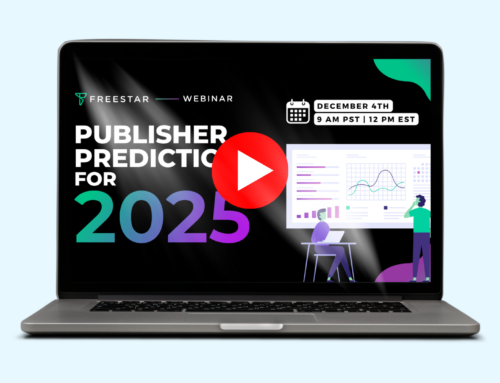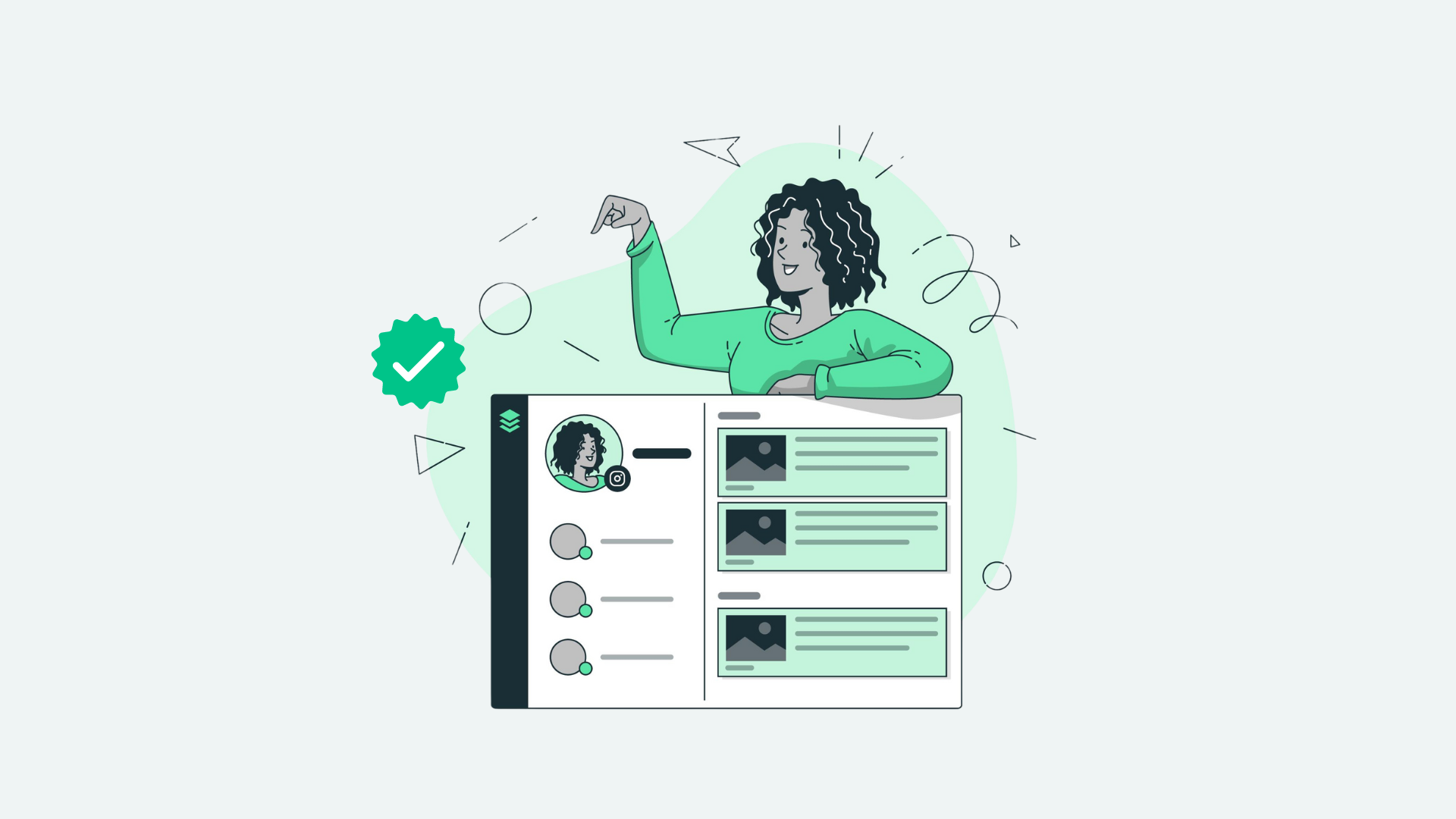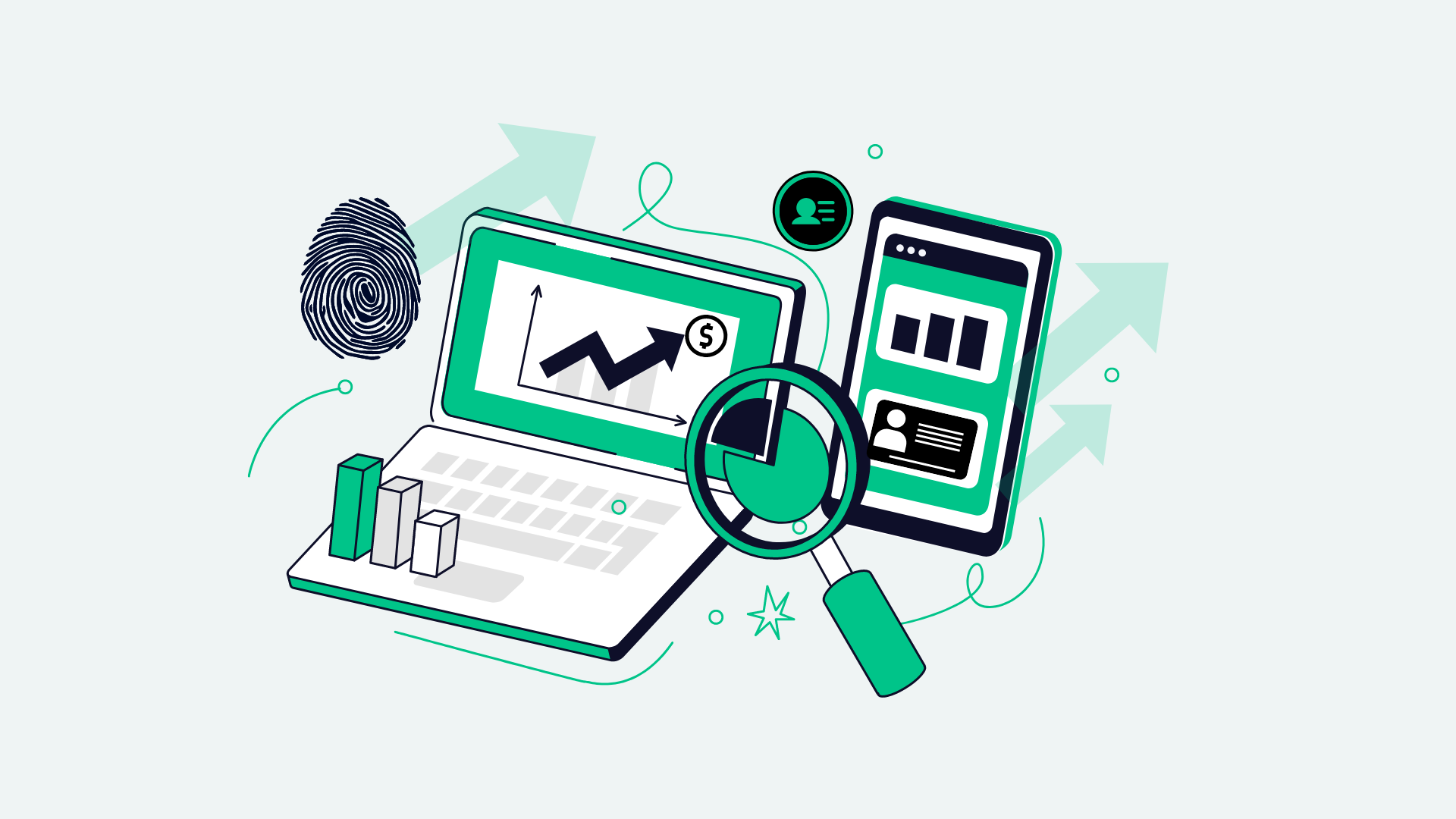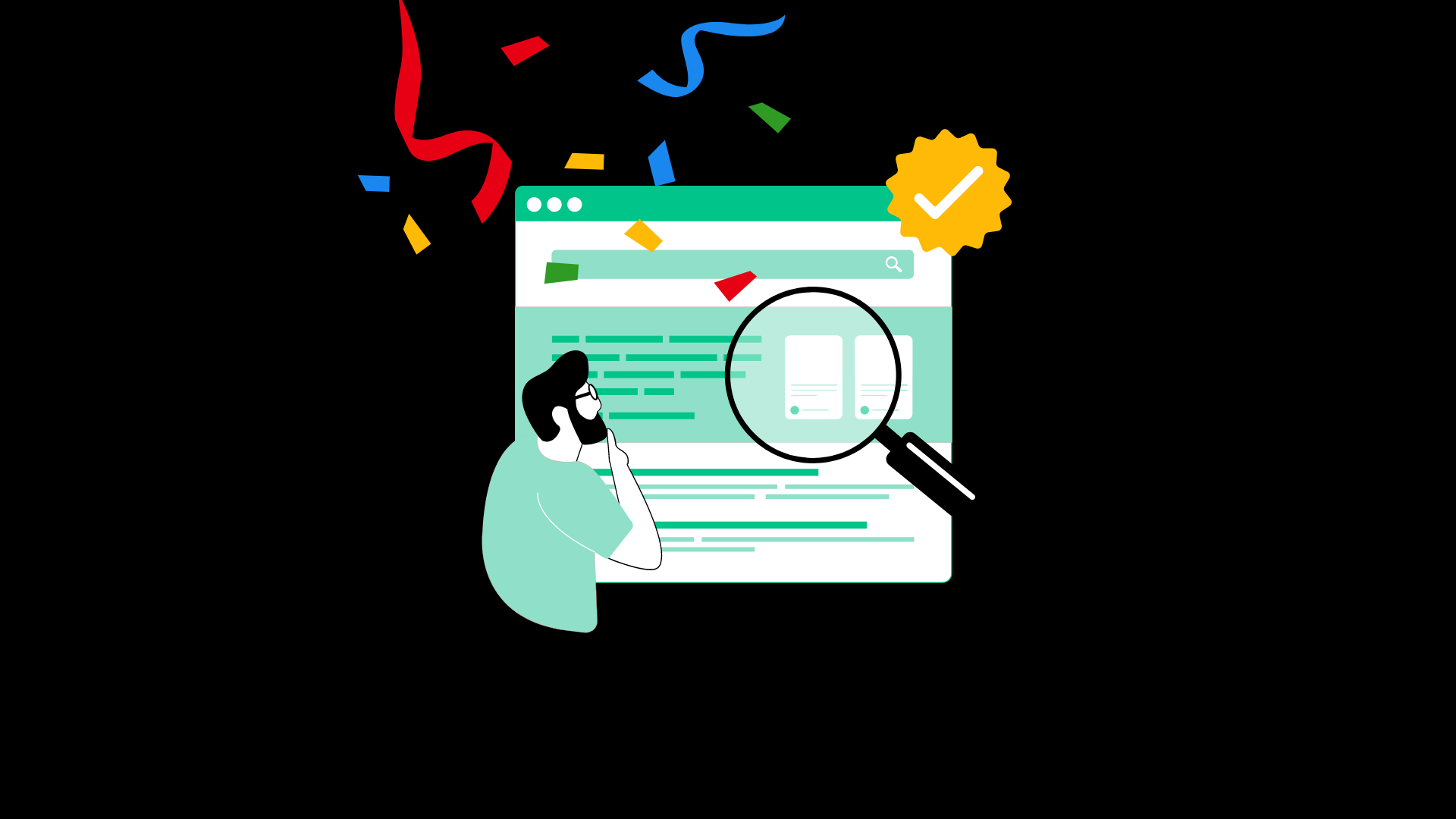Have you ever wanted to learn to play an instrument but didn’t have the funds to purchase the device and pay for an instructor? Or maybe you have struggled to find time to learn music notation? These are some of the barriers that motivated Habib Amir to start Virtual Piano. Not to mention that he was brought up in Afghanistan under Taliban rule amid a blanket ban on music. His love for music persisted and amplified.
Amir came to the UK as a teenager in 1998, studied computing and artificial intelligence at Oxford Brookes University, and created the Virtual Piano while also working as a digital consultant. In 2006, Virtual Piano was launched as the world’s first online piano keyboard, allowing users to play the piano on a computer keyboard, mobile or tablet. It’s designed for anyone without access to a piano.
Over the years, Virtual Piano grew in popularity before receiving a spike when the pandemic struck. Between March 2020 and August 2021, 8.9 million new users took up Virtual Piano, and it now has 19 million active users. Since its inception, Virtual Piano has enabled people to also play other instruments through the platform. It now allows users to play 24 different classical instruments from all around the world.
We sat down with Amir to learn more about his story and what inspired the creation of Virtual Piano.
Note: Responses may have been edited for clarity.
What motivated you to start Virtual Piano?
I’ve always loved music and especially the piano, but growing up there were many barriers. You need to have the money for lessons, purchasing the instrument, etc. But before playing music, there is also music notation to learn, which was not something I could find time for.
Apart from those general barriers, for me personally, growing up in Afghanistan during the Taliban regime was in itself the greatest barrier to music. Like in most orthodox religious frameworks, music is considered a sin because of the risk it poses to freeing minds and creating a distraction from worship. So the Taliban imposed a blanket ban on music. Especially the type of music that was played with instruments and the type that wasn’t about praising the Lord.
Despite the ban people still listened to music and in fact, it empowered people when helpless. I noticed that listening to music, creating music and playing music only do good for individuals and societies in the developed world. So this ban fueled my love for music even more. The dream of Virtual Piano started when I studied Computing and Artificial Intelligence at Oxford Brookes University in the UK. I was later a consultant for an advertising company and in the evenings, I spent my time putting my studies into action, working on Virtual Piano. While it started with me, a few years later I hired a team of developers, editors and music producers. We created a way for the whole global community to create music. So all the music on Virtual Piano is original and created specifically for Virtual Piano.
Technology allows us to do many things. I wanted to develop an online platform where people could learn to play instruments without having to buy anything. I believe that music shouldn’t be a privilege for a few but access should be free for all. That’s what Virtual Piano does – it lets users learn, play and create freely.
Never would I have thought that over 100 million people play it online. It was a shock to see the reaction from all across the world to a piece of technology which was initially fuelled by a ban on music. It is of course now fuelled by our natural love for music.
What vision did you have for Virtual Piano when you first started and how does it compare to what it is now?
My vision for Virtual Piano was to make music accessible for all. Virtual Piano has now addressed all of those 3 mentioned barriers – so now; 1) there’s no need to purchase an instrument, 2) no need to learn the traditional music notation and 3) no need for money to hire a teacher. Virtual Piano works around these traditional barriers. Millions of people speaking different languages have successfully played songs using our simplified music notation. A notation based on English alphabet that even a 4-year old child can play within a minute of arriving on VirtualPiano.net
We now aspire to raise awareness of that fact. Many people wonder if it is too late to learn to play. That isn’t the case with Virtual Piano since it’s self-guided. Looking at our latest statistics, we have 19 million active users and over 100 million users have experienced Virtual Piano to date.
Who were the people who have been the most helpful in getting you to where you are today?
This is really weird but to a large extent, I’m thankful for the Taliban for their ban on music. If it weren’t for them, I’m unsure if my passion for music would have transpired to the level that it did.
I am thankful for my University education, especially my teachers who taught me to code and made Virtual Piano possible. I also have my team, developers and music producers as well as the whole online community to thank for helping me scale Virtual Piano to where it is today.
What has surprised you about starting Virtual Piano?
What surprised me is that it took years and years to actually take off and I guess the biggest surprise of all was that there was no paycheck. I didn’t make any money from Virtual Piano for many years. If it’s useful and played by millions of people, you would think it would generate some type of income.
It wasn’t until the last 5-6 years that I’ve been able to monetise it and it’s been amazing to generate income from Virtual Piano. We’ve been with Freestar for about a year and a half. I can’t tell you how much I’ve enjoyed my relationship with the team, it’s been fun and rewarding. In any industry or workplace, you have to enjoy the work and it’s clear that the Freestar team enjoys what they do.
Another surprise is that we’ve been able to develop Virtual Piano into something extremely sophisticated. It’s effectively like a music teacher, a series of instruments and a fun learning game. The premium subscription is amazing for keeping a record of performances and it enables people to improve. Here we are now, what surprises me is that this is a technology we’ve built. If you love something enough, you come up with countless ways of bringing it to life. It’s still the biggest surprise that all that sophisticated technology is born out of your little idea.
What’s the one thing you’d tell your younger self?
Here’s what I would tell my younger self:
Make more time and room for facts, rather than fiction, be infinitely curious and follow your dreams early. What schools and parents don’t tell you enough is that our societies are full of flaws based on fiction. Don’t comply, examine everything but be nice as you attempt to make it better.
Interested in exploring Virtual Piano? Learn any of their instruments from the organ to the clarinet. Get playing today!




